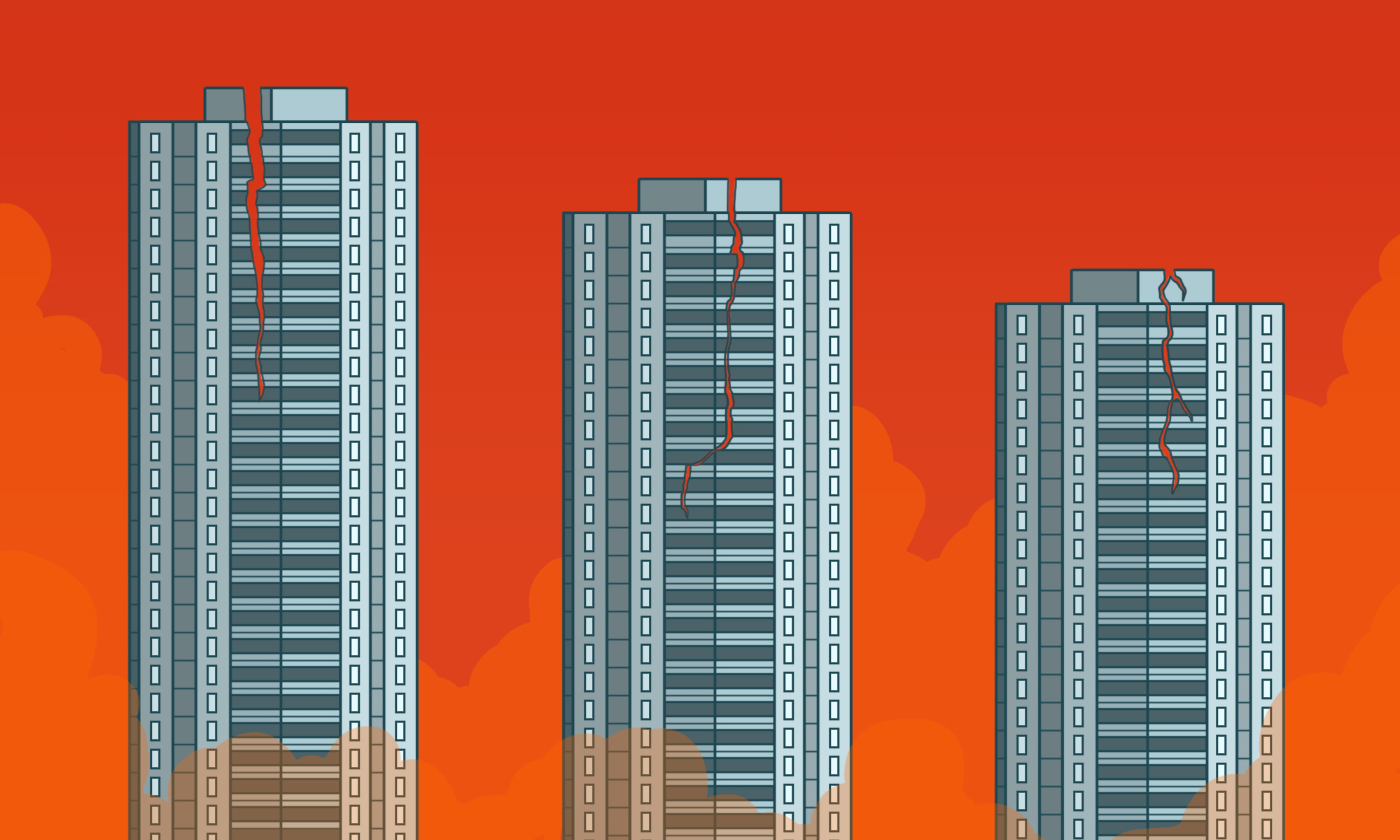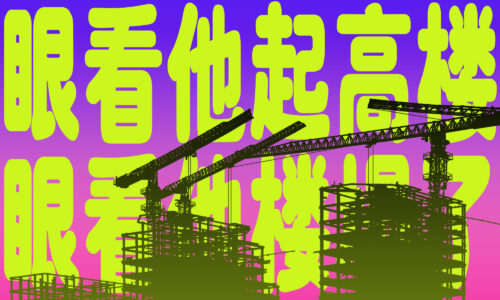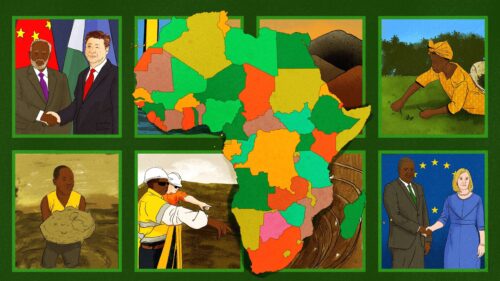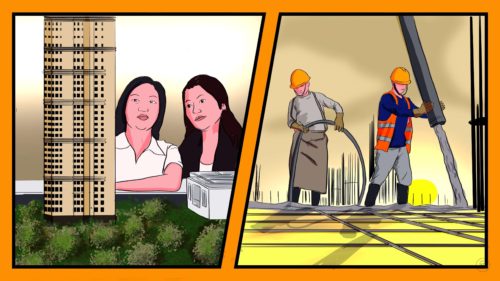Evergrande’s ‘week of reckoning’: Will China let its dodgiest developer default?
Evergrande is an enormous conglomerate that develops real estate, sells apartments and wealth management products, and invests in electric vehicles and soccer teams. Is the house of cards about to collapse?

China Evergrande Group, a sprawling conglomerate that is one of the largest property developers in an economy unusually dependent on real estate investments, is once again facing an acute liquidity crisis. “Even in good years, the company usually had negative operating cash flow,” Caixin reports, but this time, “the crisis of cash flow and trust is unprecedented.”
- Evergrande has about $100 million in payments due this week, and it appears sure to miss at least some if not all of them.
- Within the next year, Evergrande owes about $124 billion, but it “has only a 10th of that amount of cash on hand.”
- Overall, the company has $309 billion “of debts on its books, plus an unknown amount of off-books debt” — and “it’s not a secret that developers like Evergrande have huge off-balance sheet debt,” Caixin says.
- More than “500 of Evergrande’s 800-plus projects across the country are now halted,” according to Caixin, and the company needs to raise “at least [$15.5 billion] to complete construction and deliver the units.”
Mounting concern of contagion
Concern has compounded rapidly in recent weeks that Evergrande may be on the verge of default — or a painful restructuring of its debt bomb — and what that may mean for the broader Chinese and world economy. Some key events:
- A “default of some kind appears probable”: On September 8, Fitch Ratings downgraded Evergrande’s credit ratings, along with two of its subsidiaries. Moody’s Investors Service also flagged a default as “likely” on September 7.
- The company admitted to facing “tremendous” financial pressure on September 13, and said that it had hired financial advisers to evaluate “all feasible solutions” to the crunch.
- Crowds of disgruntled Evergrande investors stormed the company’s Shenzhen headquarters in protest on September 13, chanting, “Give back our money.”
- Banks were told by authorities to not expect interest payments on Evergrande’s loans with debt obligations due on September 20, Bloomberg reported on September 15.
Evergrande’s stock price plunged nearly 19% in Hong Kong today, and the Hang Seng Index followed with a 3.3% drop to its lowest level since October 2020. “Market participants increasingly believe that Beijing will let Evergrande fail and inflict losses on its shareholders and bondholders,” the Wall Street Journal says.
- Some of those bondholders are overseas: Per Caixin, some of the company’s overseas bonds “carry interest rates as high as 15%,” and “UBS estimates that $19 billion of Evergrande’s liabilities are made up of outstanding offshore bonds.”
If Evergrande can’t save itself, will Beijing dig it out?
According to Caixin’s reporting, Evergrande can’t save itself — at least not right away.
- The company has “approached every possible buyer” to sell off some of its biggest assets, land reserves, but “no deals have been reached.”
- Another way to raise cash would be to turn land into houses and sell them — but “even if Evergrande can quickly sell its houses, the revenue would be far from enough to pay down debt,” Caixin says.
- There is a “99.99%” chance that Evergrande won’t be able to pay its interest due in the third quarter, according to “a banker whose employer has billions of yuan of exposure to the company.”
No one knows exactly what will happen, but some possible endgames for Evergrande include:
- A default of some kind, in which “Evergrande shareholders will be wiped out while its lenders absorb big losses.” A Financial Times commentary calls this the “likeliest” outcome of the current “week of reckoning.”
- “The group’s operations could be taken over by local governments and large state-owned developers on a ‘region-by-region basis,’” two Evergrande executives told the Financial Times, adding that the complicated rescue is a “last resort.”
- The “Chinese government papers over the situation, socializes the losses, and pretends the problem has gone away while [it] actually festers and grows worse,” according to Patrick Chovanec, strategist at Silvercrest Asset Management, who added that the fundamental problem is “China’s reliance on buoyant real estate collateral as the lynchpin of its entire, broader banking system.”
China news, weekly.
Sign up for The China Project’s weekly newsletter, our free roundup of the most important China stories.
See also:
- China’s Evergrande moment is looking more LTCM than Minsky / Bloomberg (paywall)
John Authers writes, “The Chinese government’s likely response implies a nasty and messy market, but not an all-out implosion.” - China Evergrande’s endgame choices: Partnerships, IPOs or a fire sale / Bloomberg (paywall)
Back in July, Shuli Ren observed, “With the property developer’s dollar bonds trading at distressed levels, a restructuring…seems almost inevitable.” - Evergrande gave workers a choice: Lend us cash or lose your bonus / NYT (paywall)
“The Chinese property giant owes $300 billion and is on the hook for as many as 1.6 million apartments. It may owe tens of thousands of its employees money, too.” - Evergrande’s financial troubles threatens its soccer club, Guangzhou FC / The China Project
“China’s most decorated club soccer team is on the verge of collapse.”






